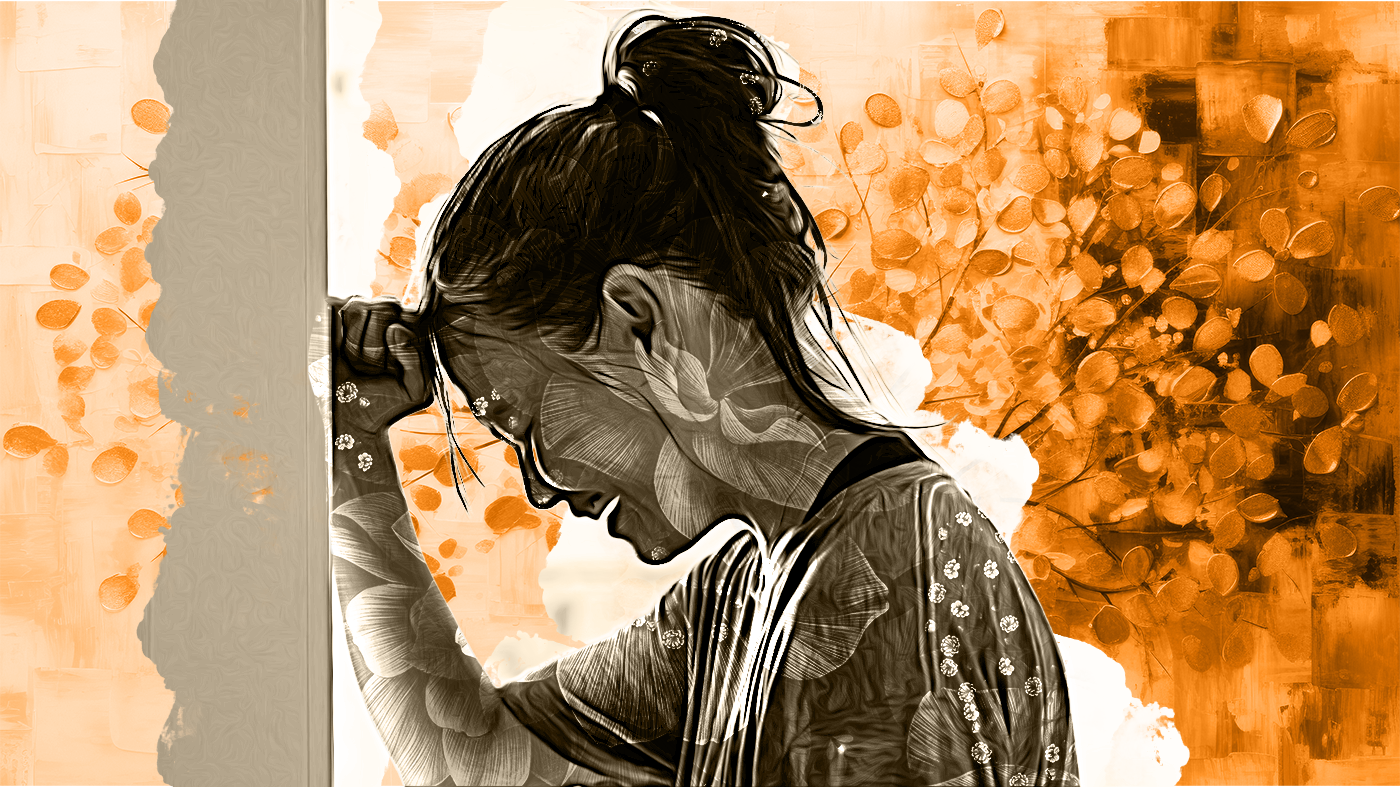Suicides and overdoses account for nearly a quarter of pregnancy-related deaths. Rates of substance use, depression, anxiety and other serious mental health conditions — like suicidal ideation and postpartum psychosis — appear to be rising among pregnant women and new moms.
Data on this trend is limited, but what is available suggests maternal mental health is on the decline.
A 2020 study found that suicidality, thoughts of suicide or suicide attempts, increased in the decade before the onset of the COVID-19 pandemic.
Less than 20 percent of pregnant and postpartum women with Medicaid receive a mental health screening, according to the Policy Center for Maternal Mental Health, and surveys suggest only a minority of those who screen positive for depression end up getting treatment.
Access to care is a major challenge. The U.S. is experiencing a mental health provider shortage and many physicians who treat pregnant or postpartum women don’t always check in on mental health, despite professional organizations recommending that they do so.
Ludmila De Faria, chair of the American Psychiatric Association’s council on women’s mental health, thinks rates of mental health conditions such as anxiety and depression have gone up among pregnant women because they’ve become more widespread in the population as a whole.
Experts like De Faria also worry that the changing landscape of reproductive rights in the wake of the Dobbs decision in 2022 may worsen the problem.
“What you have is potentially a significant increase in the number of unplanned pregnancies,” De Faria said, noting that unplanned pregnancies can be “a huge stressor” for people with preexisting psychiatric illnesses.
Read more from The Hill’s Alejandra O’Connell-Domenech here.




















